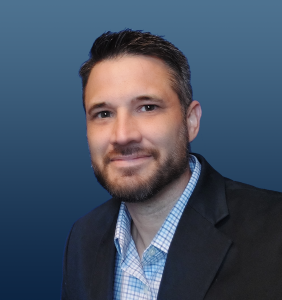 What is your advice for someone working their way to become an Optician?
What is your advice for someone working their way to become an Optician?
I recommend working in a laboratory or with a classically trained optician who understands the history of the craft. It is important to understand the history and foundation of dispensing.
Why should anyone get certified/licensed?
Certification can help your professional career advancement and foster respect in the field. It
also serves to standardize the experience and quality that the patient experiences. Anyone who
considers it as a long term career should explore if it is right for them.
In your experience, what is the best way to prepare for an Opticianry test?
Some of the laboratories have great free prep courses. I also recommend some prep courses
created recently by well known master opticians among us.
What do you remember as being a prominent part of the test or that you were surprised to see on the test?
The most prominent part of the test is grasping prism, and analyzing an rx to determine resulting power in each axis.
How do you decide if an additional credential should be earned?
It can be helpful for educating others as well as advancing the trade.
What was the point when you decided to attain your license/certification?
I decided to pursue mine for educational opportunities, I wanted to be able to use my experiences as an ABO speaker.
What do you feel is your strongest skill as an Optician?
My background in laboratory surfacing gave me a more complete understanding of how a prescription influences the end product of a lens. Working in a surfacing laboratory and touching lenses as they are cut into curves, helps you better comprehend how prescription effects the final product. This gives you almost an intuition of prescription and lens thickness in different frame shapes.
What role have you held that best helped you to be the Optician you are today?
Handling raw lenses each day in the lab taught me the most about optics. Seeing the numbers that make each prescription on the surfacing tools helps you to understand lens power, axis, and prism in a very physical way.
What is your advice to someone who lacks sales skills or confidence?
Practice makes perfect. Also attending conferences and shows will help you deepen your understanding and become more of a consultant than just a sales person.
If you are no longer an Optician in the traditional sense on a daily basis, how did your Optician skills help you with what you’re doing now?
My time spent as an optician helps me understand the daily demands and requirements of the offices that I serve. It has helped me develop solutions which make sense in the practice.
Optical is a huge industry, but a small world. Never burn a bridge, listen and learn from everyone. Your network is your biggest asset.
Responses in this interview provided by Mark Clark, MBA, ABOC
Find Mark online here:

 What is your advice for someone working their way to become an Optician?
What is your advice for someone working their way to become an Optician?